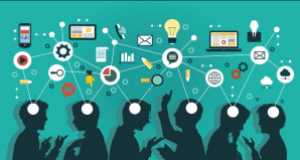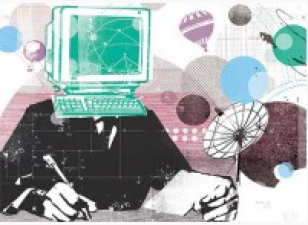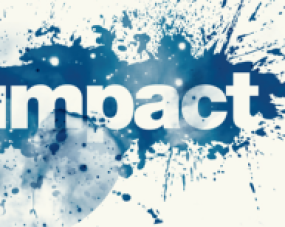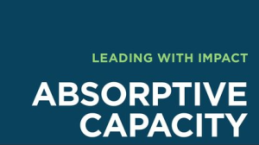
“The world has never been as complex, dynamic and uncertain as it is today and the pace of change will only increase.”
We hear this consistently, our continual problem is trying to make sense of it.
So much is coming towards us and to assimilate it and turn it into value, usable value, so we can adapt and respond to it in new ways of opportunity by adding further to the knowledge by turning this into new innovation potential.
Seeking out knowledge, and being proactive, partly helps as being consistently caught by surprise makes your world even more insecure.
To attempt to keep up to date we all need to invest increasing time in acquiring a better understanding, a deeper knowledge of all the interconnected parts. Even if we are “time-starved” we simply must try and keep moving along in this understanding.
As part of my job, advising others on all things swirling around innovation, I invest significant time in researching, learning and applying what I feel is important to others, so as to understand or at least to raise their awareness to change practices, thinking or approaches.
At times it all seems to come literally flooding in, overwhelming the senses, that I just have to wait and let it settle in my mind before I can attempt to process it and translate it into something of value to me, then eventually to my clients or readers.
 The more we embrace change and recognize innovation demands more of our time, the more we must seek out knowledge that ‘feeds’ innovation. And the more we ‘push’ for learning, the greater chance we have of thriving in a challenging world.
The more we embrace change and recognize innovation demands more of our time, the more we must seek out knowledge that ‘feeds’ innovation. And the more we ‘push’ for learning, the greater chance we have of thriving in a challenging world. I recently wrote a post “
I recently wrote a post “


